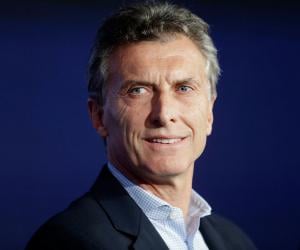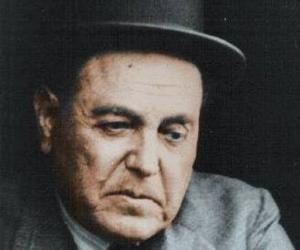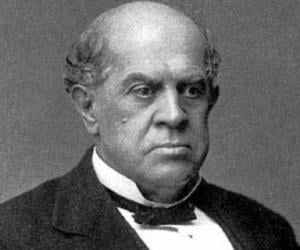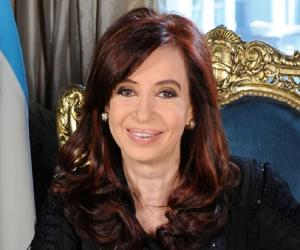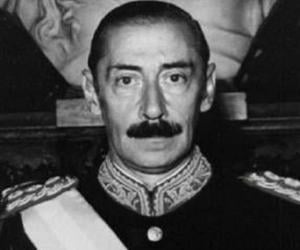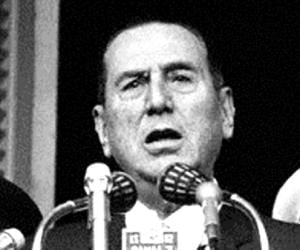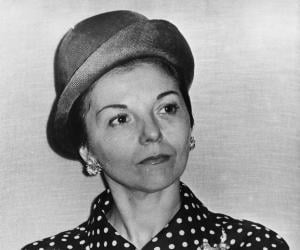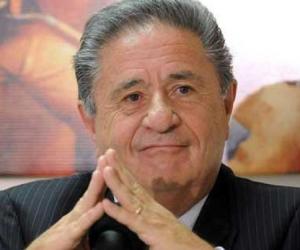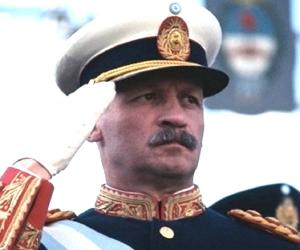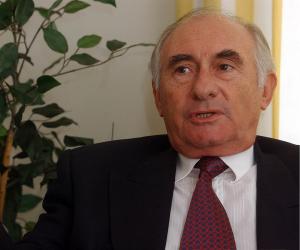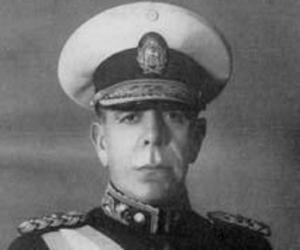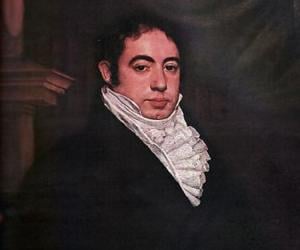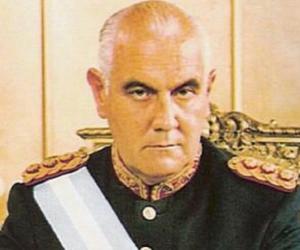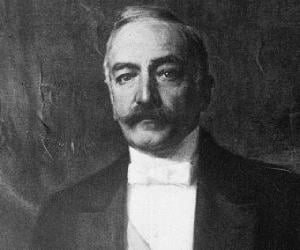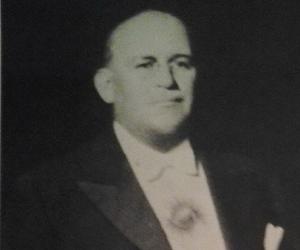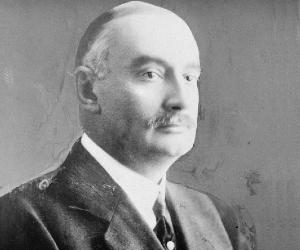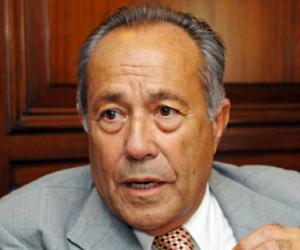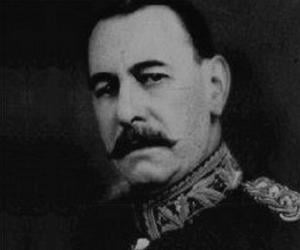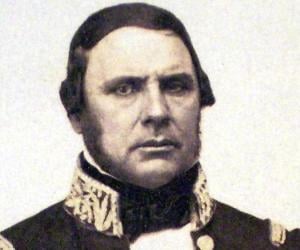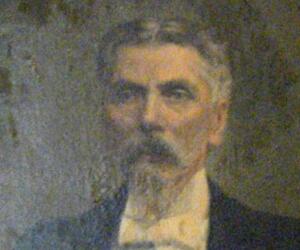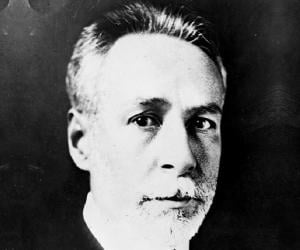1
Mauricio Macri
(President of Argentina from 2015 to 2019)
Birthdate: February 8, 1959
Sun Sign: Aquarius
Birthplace: Tandil, Argentina
Mauricio Macri is an Argentine businessman and politician who served as the President of Argentina from 2015 to 2019. Before his presidency, he was the Chief of Government of Buenos Aires and a member of the Chamber of Deputies. Macri led the Republican Proposal (PRO) party and focused on reforming the national economy, improving diplomatic relations, and pursuing moderate socially liberal policies. He strongly opposed the government of Nicolás Maduro in Venezuela and worked on strengthening Argentina's international relations through trade agreements and alliances.
